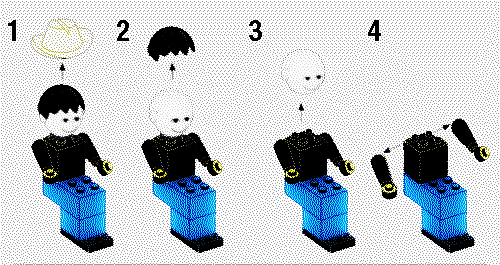"It is impossible to overlook the extent to which civilization [Kultur] is built up upon a renunciation of instinct.” ― Sigmund Freud, Civilization and Its Discontents
As I said last week,
the awareness of the fact that the world consists of many diverse
cultures is not a new insight and has been recognized for at least 2500+
years. Yet, oddly enough, the word “Culture" is of relatively recent
vintage in the Western lexicon.
There
is simply no ancient Greek word that can be translated as such—even
despite the fact that the recognition of the disparity between Nature and Convention is the foundation of all Political Philosophy. Plato, in his Allegory of the Cave,
even basically gives a perfect description of what Culture is: a
collection of symbols and signs, virtues and heroes that unite a group
of individuals into a united whole. This failure to specifically name it
mainly arises from the fact that all pre-Modern societies were wholistic—i.e.
there was no distinction between public life and private. Modern,
pluralistic societies, though, have invented a way in which individuals
and groups with differing conceptions of the “Good”
can live together more or less peacefully: our Laws are not considered
divinely inspired, instead, are based on calculation and Reason.




